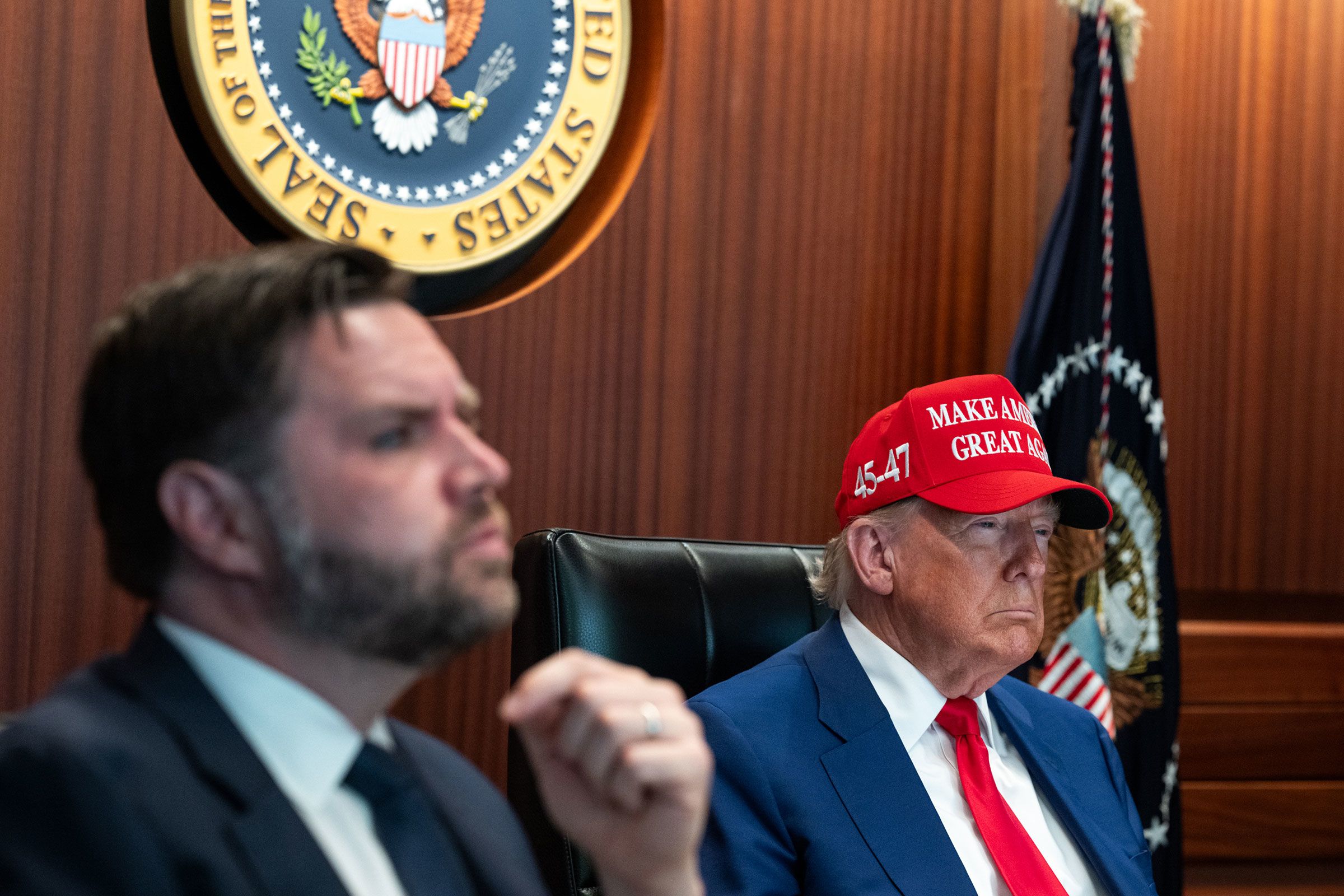A Ceasefire Announcement: What It Means for Israel and Iran

On a significant evening for international relations, President Donald Trump took to social media to announce what he described as a “Complete and Total” ceasefire between Israel and Iran. Designed as a stepping stone towards lasting peace, this ceasefire is set to commence in approximately six hours from the announcement.
Trump’s Statement on the Ceasefire
In his post, the president emphasized the critical nature of the ceasefire, stating, “It has been fully agreed by and between Israel and Iran that there will be a Complete and Total CEASEFIRE… for 12 hours, at which point the War will be considered, ENDED.” His words reflect an urgent call for a cessation of hostilities, marking a pivotal moment in a conflict that has persisted over the past twelve days.
The Phased Approach to Ceasefire
Details from the announcement reveal a phased approach to the ceasefire that strengthens the potential for sustainable peace. Trump noted, “Officially, Iran will start the CEASEFIRE and, upon the 12th Hour, Israel will start the CEASEFIRE…. During each CEASEFIRE, the other side will remain PEACEFUL and RESPECTFUL.” This measured timeline indicates an intent to create an environment conducive for dialogue and reconciliation.
Responses from Iran and Israel
As of now, neither Iran nor Israel has publicly confirmed the impending ceasefire. This absence of commentary raises questions about the feasibility of the proposed timeline. The immediate challenge lies in whether both nations can adhere to the ceasefire conditions laid out by the U.S. president.
Vice President JD Vance’s Support
In the wake of Trump’s announcement, Vice President JD Vance expressed commendation for the president’s diplomacy. Speaking on Fox News, Vance stated, “We were actually working on that just as I left the White House.” This sentiment highlights a collaborative effort within the administration to broker peace amid tension.
Vance also shared insights on the evolution of Trump’s statement, arguing that it has gained significance in the context of what the administration aims to achieve in foreign relations. His comments suggest a proactive approach within the government to address complex international challenges.
Controversies and Criticism
Vance’s remarks have an undertone of confidence regarding Iran’s nuclear capabilities, asserting, “Iran is incapable of building a nuclear weapon with the equipment they have, because we destroyed it.” Such statements resonate with a broader narrative of U.S. intervention and foreign policy aimed at ensuring regional stability.
This mention of Iran’s nuclear capabilities further complicates the geopolitical landscape. The skepticism surrounding the U.S. administration’s confidence in Iran’s military advancement raises numerous questions, particularly concerning whether various stakeholders align with this outlook.
Seeking Clarification from the White House
In the aftermath of this significant announcement, CNN reached out to the White House, seeking more details regarding the understanding of the ceasefire and the reactions from both Israel and Iran. Transparency from the administration could either bolster or challenge Trump’s claims, shaping public perception as international rivalries continue to unfold.
Ongoing Updates
As international observers await further developments, this story remains dynamic. The announcement has been updated with insights from Trump’s social media post as well as Vice President Vance’s reflections on the negotiations. In the coming days, the response from Israel and Iran will be watched closely, providing clarity on whether this ceasefire will lay the groundwork for a long-awaited peace.
This unfolding narrative invites a multitude of perspectives, bringing to light the complexities and stakes involved as President Trump and his administration endeavor to stabilize a historically contentious relationship in the Middle East.

